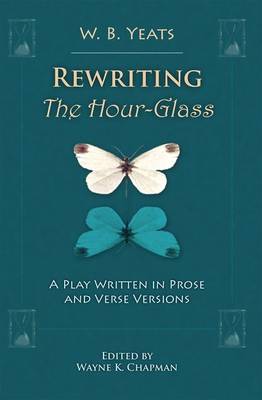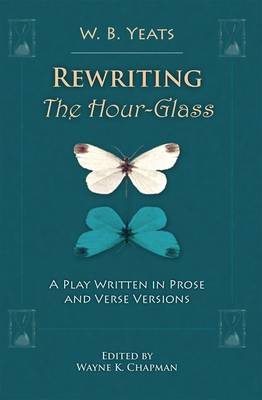
- Retrait gratuit dans votre magasin Club
- 7.000.000 titres dans notre catalogue
- Payer en toute sécurité
- Toujours un magasin près de chez vous
- Retrait gratuit dans votre magasin Club
- 7.000.0000 titres dans notre catalogue
- Payer en toute sécurité
- Toujours un magasin près de chez vous
Description
Rewriting "The Hour-Glass" presents the complete prose text of Yeats's one-act morality play of 1903, the complete "mixed" poetry and prose text of 1913, and all variants between and after these as both states were maintained in his lifetime. As a breakthrough play for Yeats, The Hour-Glass was commended in his manifesto "The Reform of the Theatre" (1903) and became, with significant rewriting, his first play to employ masks, by analogy to the Renaissance-era court masque, prior to his own adaptation of Japanese form and Irish content in his "plays for dancers." Like any critical edition, this book engages with and acknowledges all of the relevant texts, including Yeats's own corrected copies of the play. Consequently, the book unpacks and unwinds convolutions of the notoriously dual presentations of prose and verse versions in the Variorum Edition, reversing the procedure of the latter and permitting a more linear presentation of first and last states of the play, much to the benefit of students.
Rewriting "The Hour-Glass" also traces the steps by which Yeats solved a problem. No sooner had he finished writing the play and prepared for its first performance and publication than he began to plan its revision. But he did not hit upon the solution until the play's most substantial rewriting in 1912. When finished, he had taken "the offence out of the old by a change of action so slight that a reader would hardly have noticed it" yet decided to keep the older version for playing in provincial towns and the newer one for himself and friends. Contemporary reviewers failed to notice.
Spécifications
Parties prenantes
- Auteur(s) :
- Editeur:
Contenu
- Nombre de pages :
- 157
- Langue:
- Anglais
- Collection :
Caractéristiques
- EAN:
- 9781942954163
- Date de parution :
- 07-06-16
- Format:
- Livre relié
- Format numérique:
- Genaaid
- Dimensions :
- 155 mm x 224 mm
- Poids :
- 340 g

Les avis
Nous publions uniquement les avis qui respectent les conditions requises. Consultez nos conditions pour les avis.






